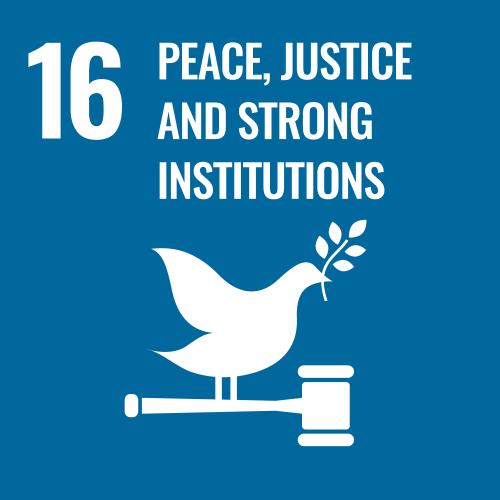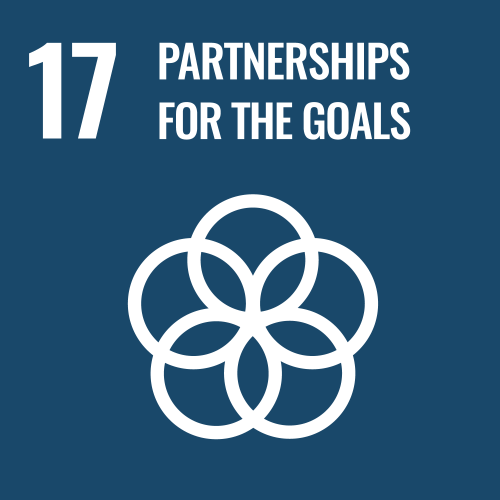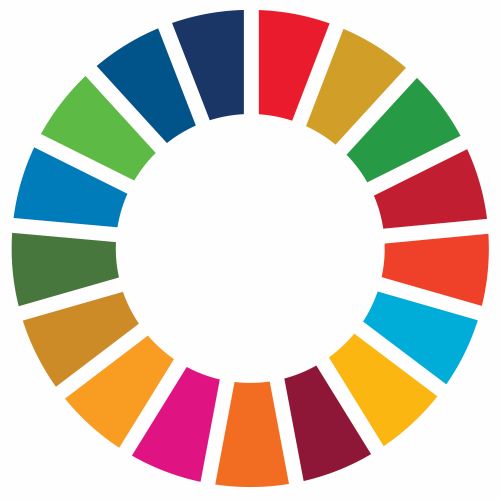
11/11/2025
The African Continental Free Trade Area (AfCFTA) presents a transformative opportunity for Sierra Leone to diversify its economy, attract investment, and expand regional trade
Sierra Leone has taken a decisive step toward deeper integration into Africa’s single market. With support from FIAP through the Team Europe Technical Assistance Facility (EU-TAF), the country has become the first AfCFTA State Party to complete a comprehensive AfCFTA Implementation Readiness Assessment: a landmark achievement marking its readiness to fully participate in the African Continental Free Trade Area (AfCFTA).
The findings of the assessment and Sierra Leone’s updated National Trade Strategy were unveiled at the Sierra Leone AfCFTA Regional Conference, held in Freetown from 14 to 17 October 2025 under the theme “From Policy to Practice: Accelerating Sierra Leone’s AfCFTA Implementation for Sustainable Economic Transformation.” The event brought together government officials, the private sector, regional organisations, and development partners to explore practical ways of turning commitments into concrete action.
The AfCFTA, connecting 54 countries and over 1.3 billion people, presents a transformative opportunity for Sierra Leone to diversify its economy, attract investment, and expand regional trade. In response to a government request, FIAP collaborated with the Ministry of Trade and Industry and the AfCFTA Secretariat to evaluate Sierra Leone’s institutional readiness and policy alignment under the AfCFTA Implementation Review Mechanism (AFIRM). The assessment identifies priority areas for coordination, regulatory reform, and capacity building.
“Becoming the first country to complete this assessment shows Sierra Leone’s commitment to making the AfCFTA work. It gives us a clear roadmap for preparing our institutions, empowering our businesses, and making trade more inclusive” said Hon Alpha Ibrahim Sesay, Minister of Trade and Industry.
The updated National Trade Strategy, also supported by FIAP, places people and sustainability at the centre of trade policy. It highlights the roles of women and young entrepreneurs, the potential of digital trade, and the importance of environmental responsibility in driving economic transformation. By simplifying customs procedures, enhancing standards, and connecting small businesses to regional markets, the strategy aims to ensure that trade benefits reach communities nationwide.
Over the course of four days, delegates in Freetown discussed issues that are relevant to translating the assessment’s recommendations into measurable results. Sessions covered practical topics such as Rules of Origin, standards and certification, the use of digital platforms like the Africa Trade Gateway (ATG), and innovative financial tools, including the AfCFTA Adjustment Fund and the Pan-African Payment and Settlement System (PAPSS), a mechanism expected to save the continent an estimated $5 billion annually in currency conversion costs as highlighted by H.E. Wamkele Mene, Secretary General of the AfCFTA Secretariat during his opening remarks.
According to Mark Tamba Nyuma, Director of Export Promotion and Regional Integration, the readiness assessment, updated strategy, and regional conference form part of a broader national effort to strengthen Sierra Leone’s participation in intra-African trade. He noted that the Ministry will soon roll out a coordinated action plan detailing institutional roles, next steps, and monitoring mechanisms to enhance competitiveness across the continent.
Sierra Leone’s achievement mirrors a growing momentum across Africa as countries shift from negotiation to implementation of the AfCFTA. Through EU-TAF, FIAP continues to provide targeted technical support to help partners, such as Sierra Leone, translate policy into practice.
For Sierra Leone, this milestone marks more than compliance—it signals the country’s determination to turn political will into tangible economic opportunity and take its place at the heart of Africa’s unified market.


